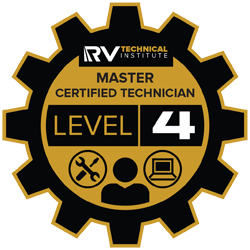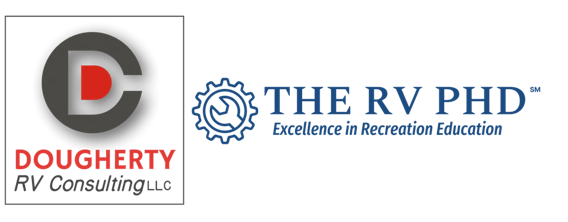People spreading misinformation..again. Here’s what you need to know.
Mis-information strikes again.
In a recent video, “That RV Technician,” on TikTok, claimed that “RVs are not covered by the NEC (National Electrical Code).” He goes on to say that it is covered only by RVIA and goes on to criticize them, saying that the RVIA seal “means nothing.” The same statement has been made on other social media platforms by “experts” and it bothers me that the RV Industry Association won’t defend themselves or the programs.
Well, I will.
To be clear, there are things in his posts that he is right about, and some of the information he shares is good. But as he gets bolder, he has started to put people and organizations down and spread false information, and in my opinion, that is a disservice to everyone in the RV community.
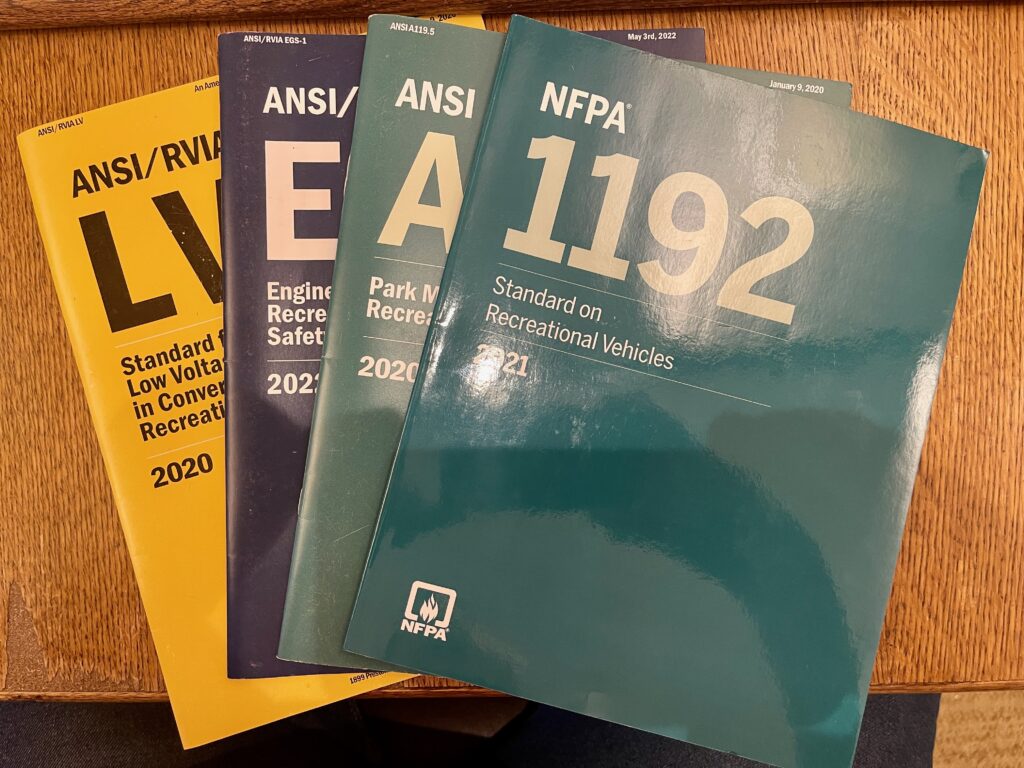
RV Technical Institute-certified Level One technicians are taught about the industrial standards that govern RV manufacturing. These standards touch on everything involving fire and life safety, and these standards are enforced by a team of inspectors who spend their time traveling around North America doing surprise inspections on the manufacturing plants.
The members of the RV Industry Association agree to these inspections and to abide by the findings of the inspectors, with an available appeals process. The same goes for “tiny home” and park model manufacturers. Often these “audits” result in recalls, service bulletins, and product improvements.
The National Fire Protection Association (NFPA) is an industrial standards body that provides a system whereby committee members from various industries help maintain a rule book involving fire and life safety for that industry. As the fire service, we were bound by the standards included for various aspects of that industry. Well, guess what? The RV Industry is governed by similar regulations in the same organization. The NFPA 1192 is the recreational vehicle standard. But, for electricity, it’s the NFPA 70/551. The NFPA 70, by the way, is the National Electrical Code that governs EVERY electrical code in the country. Local municipalities can opt to add to the NEC for a “stricter” code, but they can’t work below the level of the NEC. Subpart 551 is the electrical standard for RVs and RV Parks, along with the ANSI/RVIA LV or Low Voltage standard. Own a park model? The NEC 552 is the standard for those, along with ANSI A119.5.
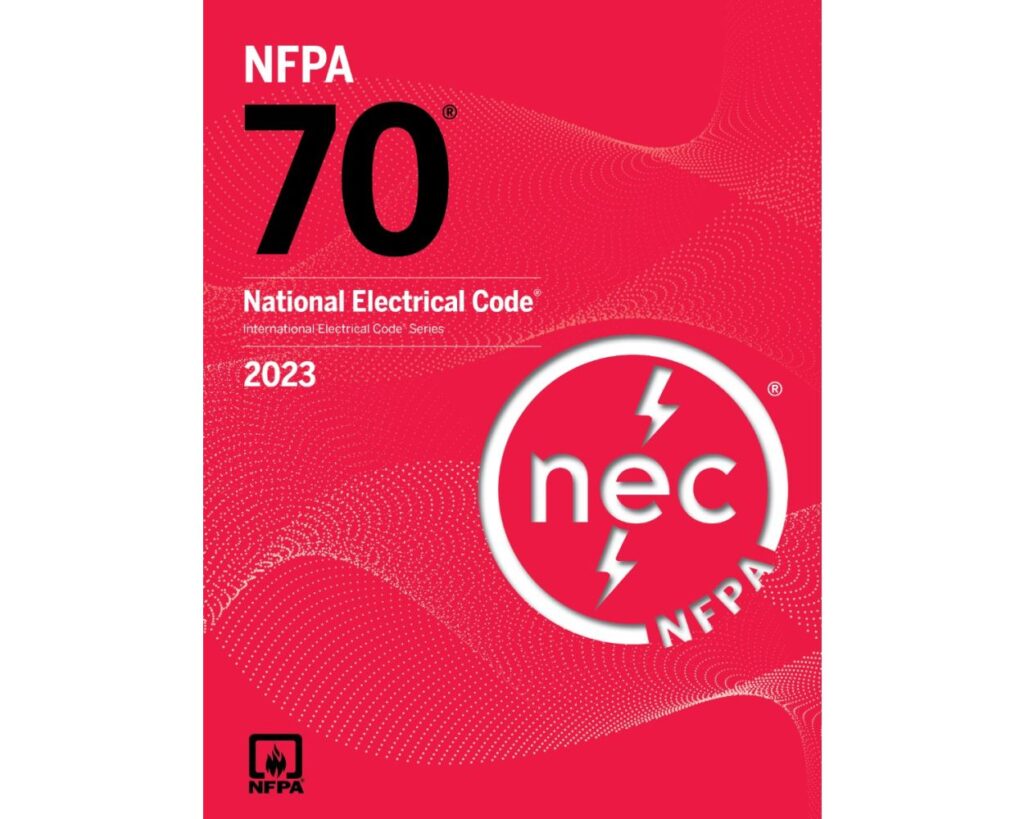
How about propane installations? The NFPA 58 is the LP standard, but the 1192 RV standard also covers special aspects of LP installations in RVs.
To be clear, these standards are for fire and life safety only. This process has nothing to do with “quality control.” QC is considered a market issue, and if a product or manufacturer sucks, well, don’t buy another one. But people do all the time, myself included. That’s for a later article, though…
Once an RV is delivered to the dealer, the RV standards are not enforced, even though, technically, they can be locally.
We tell RV techs that they must abide by local codes and regulations, and it is up to the localities whether they want to enforce codes and standards on RVs, park models, and mobile homes. Some states and municipalities require licensing for propane work, etc.
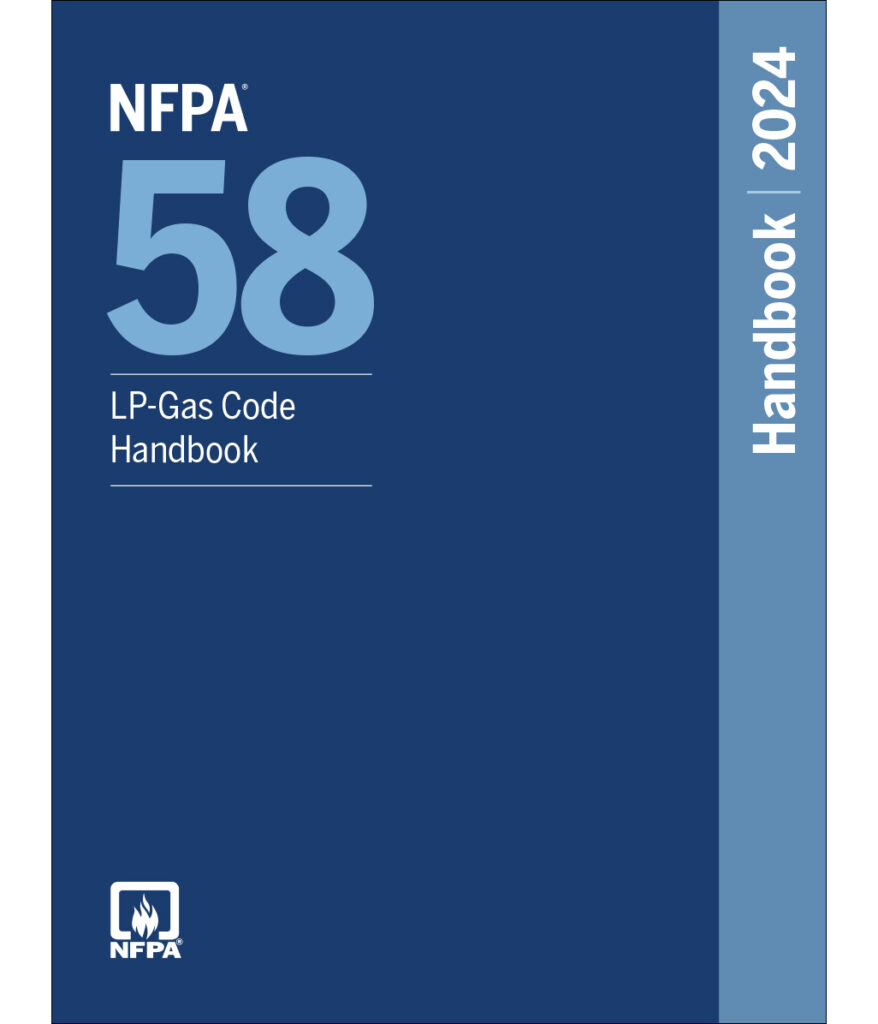
The training goal has been to familiarize techs with the standards from the very beginning and how they can and should use them as a resource when they are repairing an RV, installing accessories, or doing other modifications. RVTI-certified techs should know this, though I can’t speak to other programs.
You have free access to these standards through the NFPA.org website with a free login. You can view them on a browser or purchase copies of all the standards. Individual components may also have UL (Underwriter’s Laboratories) standards, which can be purchased through their website, www.ulse.org.
In this new age of information, it is in all of our best interests to do a little research before spouting off on social media. All it does is stir the pot, confuse consumers, and, at the end of the day, hurt the industry. It is also why the RV industry supports the RV Technical Institute and the RV technician training program. It is to make sure that the industry-certified technicians who wear the RVTI patch know what they are doing and are tested to the standard by NOCTI (https://www.nocti.org).
If you are interested in becoming a technician, whether for yourself or for a dealer, visit www.rvti.org. My door is also always open to discuss options, starting a business, or any other questions you may have.
